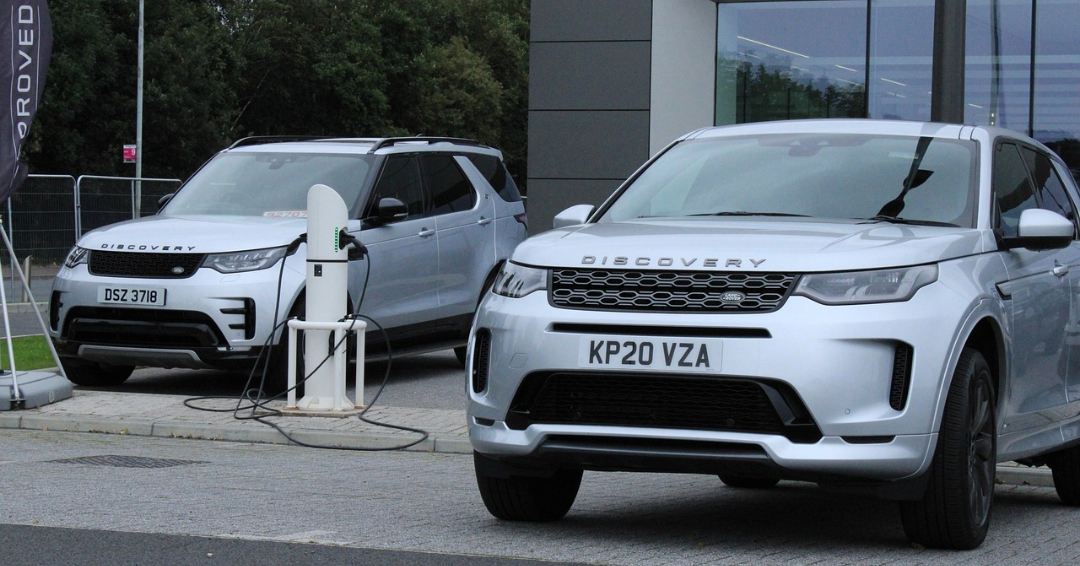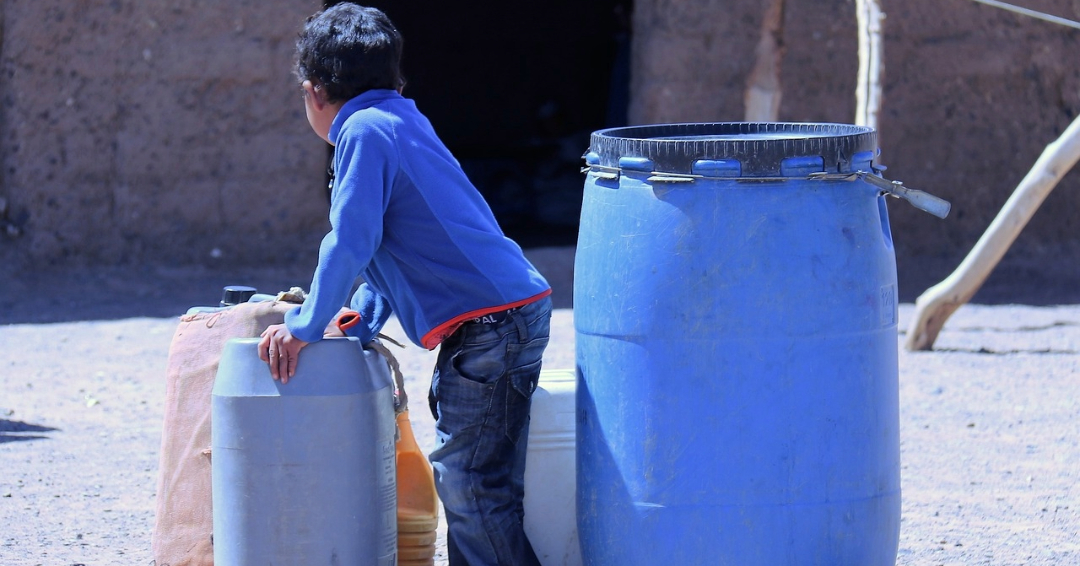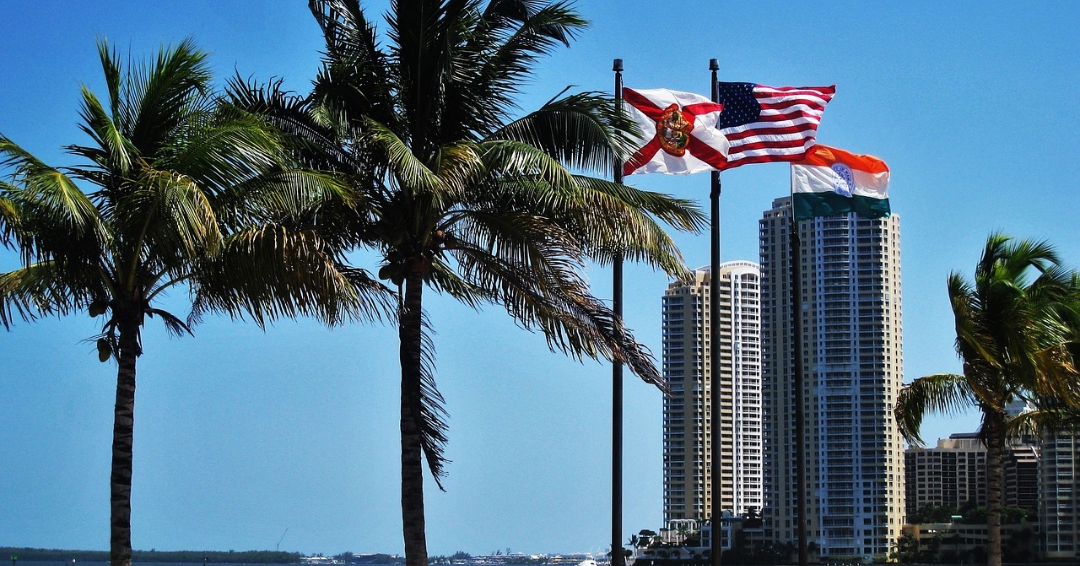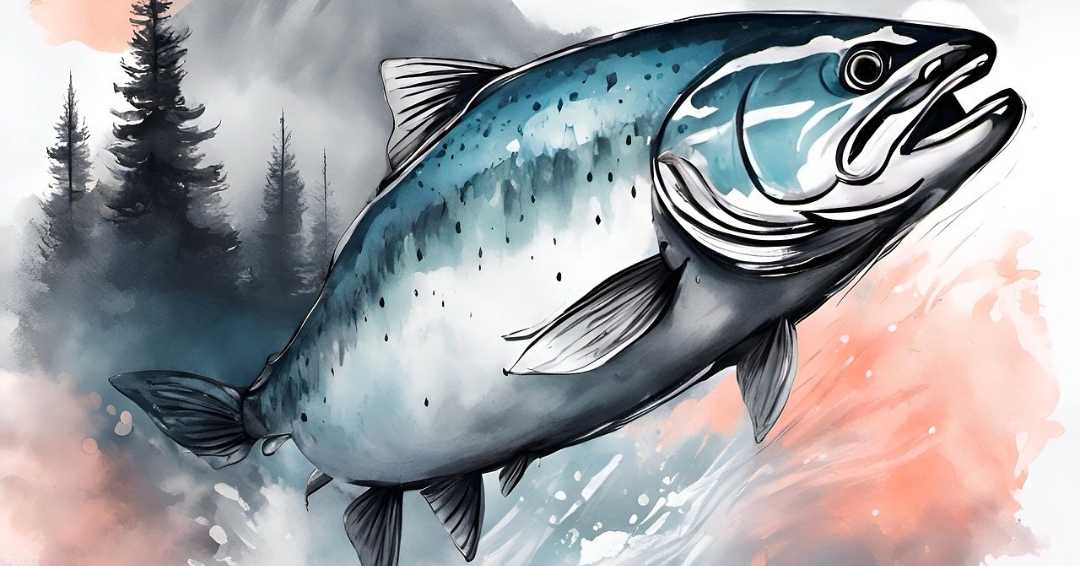Componentele esențiale ale nenumăratelor produse de zi cu zi, de la smartphone-uri la tehnologii de energie regenerabilă, sunt materiile prime precum cobaltul, germaniul și metalele din grupul platinei. Recunoscând rolul lor esențial, Comisia Europeană susține proiecte dedicate recuperării acestor materiale cruciale. În fruntea acestui demers se află proiectul ION4RAW, finanțat de UE, care conduce o schimbare de paradigmă către o metodă mai durabilă și mai eficientă de extragere a metalelor din resursele primare. Acesta este diferit de procesele hidrometalurgice tradiționale, … Continue reading „ION4RAW: Soluția ecologică pentru extragerea metalelor”
Net zero – site de știri și informații utile
Safeguarding Europe's Bees
Posted on 2024-01-132024-01-13Categories Net zeroCercetarea cu privire la albine, fluturi și alți polenizatori este esențială pentru ecosistemul și economia umană. Proiectul Safeguard, finanțat de UE, dedicat protejării acestor creaturi vitale, a lansat o colecție cu acces deschis în jurnalul „Research Ideas and Outcomes” (RIO). Această compilație își propune să sporească vizibilitatea rezultatelor cercetării și să creeze un spațiu pentru schimbul de cunoștințe. O contribuție remarcabilă la această colecție este un studiu asupra faunei de albine sălbatice din Serbia, o zonă mai puțin explorată din … Continue reading „Protejarea albinelor europene”
Trees: Integral Players in Global Sustainability Efforts
Posted on 2024-01-072024-01-07Categories Net zeroActivitatea neobosită a organizației CIFOR-ICRAF are ca scop să evidențieze rolul crucial pe care îl joacă copacii în susținerea mediului și a mijloacelor de trai. Proiectul lor de reînverzire a Africii, ”Regreening Africa”, întins pe opt țări, a ajutat mii de gospodării să adopte bune practici agroforestiere, ducând la o creștere cu 60% a eforturilor de reînverzire pe zone vaste. Acțiunile lor din Etiopia au în centru asigurarea semințelor de înaltă calitate pentru plantarea de copaci, o parte cheie a … Continue reading „Copacii: actori centrali în eforturile globale de sustenabilitate”
Do EVs Really Have Zero Emissions?
Posted on 2024-01-07Categories Net zeroTrendul de alegere a vehiculelor electrice (EV) ca alternativă mai ecologică la mașinile tradiționale, pe benzină, provoacă adesea dezbateri cu privire la beneficiile reale pentru mediu. În timp ce vehiculele electrice nu se ridică complet la idealul de zero emisii din cauza emisiilor generate în timpul producției și încărcării lor, ele au incontestabil o amprentă carbon mai redusă pe durata lor de viață, în comparație cu vehiculele cu motor cu ardere internă. Producerea bateriilor litiu-ion, o componentă esențială a vehiculelor … Continue reading „Vehiculele electrice au cu adevărat zero emisii?”
Harvesting Water
Posted on 2024-01-072024-01-07Categories Net zeroLipsa apei rămâne o provocare globală critică care afectează comunitățile din întreaga lume. Odată cu epuizarea surselor convenționale de apă din cauza schimbărilor climatice și a cererii în creștere, țările care se confruntă cu deficit de apă au parte de provocări complexe, care le afectează sustenabilitatea și pot declanșa tulburări sociale. Tehnologiile inovatoare aduc idei noi pentru obținerea apei, începând cu captarea de ceață în regiunile uscate, folosind sisteme de plase verticale, până la însămânțarea norilor pentru stimularea ploii. Proiectele … Continue reading „Recoltarea apei”
Nature's Influence on Heart Health
Posted on 2024-01-072024-01-07Categories Net zeroÎn cadrul cercetărilor pentru un stil de viață sănătos a apărut o descoperire surprinzătoare –vegetația din cartierele noastre are legătură cu sănătatea inimii noastre. Cercetări recente ale Societății Europene de Cardiologie au evidențiat o asociere interesantă între viața într-un mediu mai ecologic și un risc redus de boli de inimă și accident vascular cerebral, iar timpul în care se obține o îmbunătățire a sănătății este relativ scurt- doar 5 ani. Studiul s-a concentrat pe investigarea modului în care cantitatea de … Continue reading „Influența naturii asupra sănătății inimii”
Newsletter 2023
Posted on 2023-12-142023-12-24Categories global warmingCu bucurie încheiem anul 2023, marcând evenimente semnificative ce subliniază angajamentul nostru pentru dezvoltare durabilă în România. Dezbateri esențiale despre Hidrogen Verde, lansarea blogului Net Zero, întâlniri strategice la Voroneț, Bucovina, și Brașov, precum și proiecte ca Delivery Unit Gorj evidențiază devotamentul nostru pentru găsirea soluțiilor eficiente în tranziția energetică. De la prezentări la conferințe internaționale la evenimente locale despre recalificarea forței de muncă, am contribuit activ cu expertiză la contexte diverse. Notabil, am găzduit un seminar dedicat combaterii dezinformării … Continue reading „Newsletter 2023”
Air Pollution. The Silent Killer
Posted on 2023-12-082023-12-08Categories Net zero, global warmingCel mai recent raport al Agenției Europene de Mediu (AEE) servește drept un memento al consecințelor mortale ale poluării aerului. Peste 500.000 de vieți au fost curmate de aerul toxic în UE numai în 2021, iar aproximativ jumătate dintre aceste decese ar fi putut fi prevenite, dacă nivelurile de poluare ar fi respectat limitele recomandate. Vinovații din spatele acestor cifre alarmante sunt particulele fine (PM2,5), dioxidul de azot și expunerea excesivă la ozon, care au contribuit la boli precum cancerul … Continue reading „Poluarea aerului. Ucigașul tăcut”
The Battle to Save the Salmon of River Wye
Posted on 2023-12-082023-12-08Categories Net zeroAlarma trasă de Wye Salmon Association indică un viitor incert pentru somonul de Atlantic din râul Wye, Anglia, deoarece poluarea îi amenință însăși existența, și asta într-un viitor foarte apropiat, peste șase ani. Cu cel mai scăzut număr de capturi de când au început înregistrările, în 1956, declinul acestei specii protejate a stârnit apeluri urgente pentru o intervenție științifică hotărâtă. Avertismentul că somonul s-ar putea confrunta cu dispariția totală în decurs de o jumătate de deceniu servește ca semnal de … Continue reading „Bătălia pentru salvarea somonului din Râul Wye”
Climate Inequality. A Call for Progressive Policies
Posted on 2023-11-262023-11-26Categories Net zeroDiferența uluitoare în ceea ce privește emisiile de carbon dintre cele mai bogate elite și majoritatea populației lumii a pus în centrul atenției dezbaterea privind responsabilitatea climatică. Cea mai recentă analiză a Oxfam International, „Egalitatea climatică: o planetă pentru cei 99%”, prezintă o realitate dură: un singur procent de populație, în număr de doar 77 de milioane de persoane, generează emisii globale de 16%, la fel de mult ca 5,11 miliarde de oameni cu venituri mici. Această inegalitate nu se … Continue reading „Inegalitatea climatică. Un apel pentru politici progresive”










